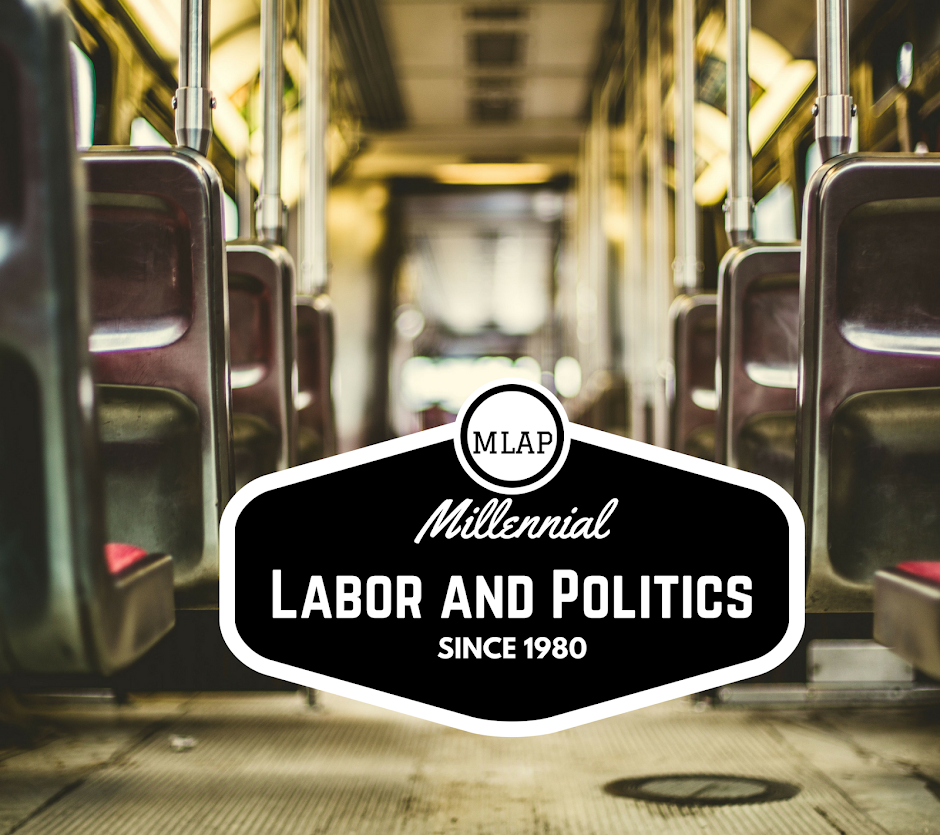Recently, Iowa and Missouri passed sweeping Right to Work
legislation. These two changes have led to 28 states in the U.S. now being
Right to Work, so I figured right now might be a good time to give a quick
crash lesson to everyone about what Right to Work actually is, and how it can
affect you as an organized labor member.
Right to Work originally comes from the southern states of America.
The theory was highly supported in the 1940’s by pro-segregationist and
anti-communist groups. It was originally started in 1936, in Houston. Vance
Muse, who was an oil industry lobbyist, received backing from the big oil
companies, and off to the races it went. The name in itself is purposely misleading. It has nothing
to do with giving you a “Right to Work”. What it does mean when Right to Work
passes is that you don’t have to pay union dues, but the union must represent
you. This includes covering workers in Collective Bargaining, but more
importantly, grievances and discipline. This is called free-rider benefit: The
free-rider gains all the benefits but doesn’t have any costs associated for
them. Over time, your workplace rights are taken away.




